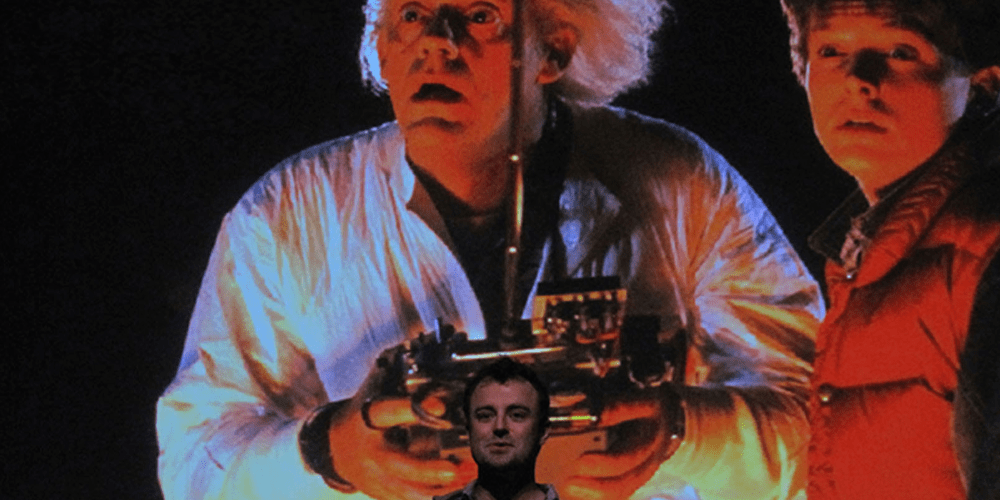‘A computer is like a bicycle for the mind.’ – this quote from Steve Jobs in the early 1980s raises the question of whether current developments in Artificial Intelligence may have brought us into a new situation: can we see AI as a ‘car for the mind’?
we are observing in the field of AI is so rapid that it can be difficult to stay oriented. In this talk, I aim to provide this orientation. I outline an inner compass, calibrated in four different directions: four directions in which our lives could evolve with the help of AI.
The talk shows that possibilities and risks are often two sides of the same coin – and that, in the end, it is of course up to each individual to explore their own path into the future: in the direction that feels right, and with the appropriate 'mental vehicle'.
Key Points
- The current development in AI is rapid.
- This can be unsettling.
- We need orientation to know in which direction we want to go.
- Steve Jobs called the computer a ‘bicycle for the mind.’
- With AI, have we reached the ‘automobile age’ of thinking?
- What can we learn from the history of automation?
- AI enables developments in many directions.
- It can harmonize our relationships, do our work for us, flood us with information, and also set us free.
- Every day there is new, uncharted territory – discovering it is one of the central tasks of our time.
- Let’s approach it with joy and a spirit of discovery.
In Search of Orientation
As a professor of Interface and UX design, I teach and research the things we do with computers – and with what computers do to us in return. The current developments in AI are so rapid that they scare some people: what will our world look like tomorrow?
This loss of control is often accompanied by a sense of discomfort, which arises when so many possibilities suddenly emerge that it becomes difficult to feel what we really want.
What we need is orientation. The quote from Steve Jobs mentioned above is an interesting starting point. If computers in the 1980s (the era from which the quote originates) could be considered as bicycles for the mind – by the way, an interim working title for the Macintosh was indeed bicycle – have we now entered the automobile age with AI? Cars, as we can easily see in our world, are not exactly unpopular, and in many cases, they are not entirely impractical. However, as some might have noticed, they are not without their problems either.
So let’s set out – in search of a navigation tool for the current situation, which, in light of the rapid technological advances in AI, can seem overwhelming and intimidating.

An Inner Compass
In this talk, we will build an ‘inner compass’ – and calibrate it in four directions. These are four directions in which we – thanks to the technological possibilities offered by AI – could develop in the future. Each direction is a promise, a prospect. However, it might be worth taking a closer look …
A compass, after all, is a symbol of discovery. Uncharted territory is opening up for us almost daily. Let’s explore it. I wish you – and all of us – a lot of fun in doing so.




